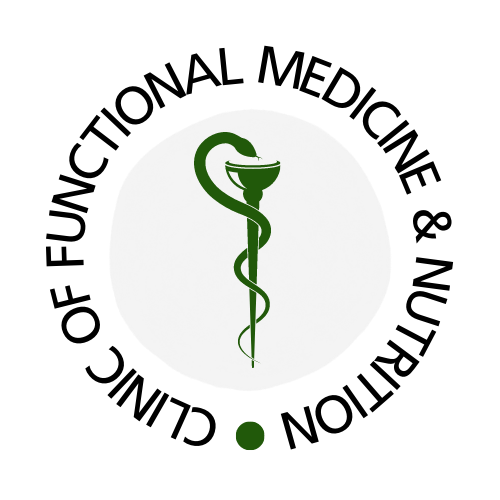Most of us drink coffee every day to boost our energy. Unfortunately, this habit is harmful, especially if we consume more than two cups of coffee daily.
This is fascinating! How does our body deal with coffee?
Our body recognizes coffee as a poison, and to get rid of it faster, blood pressure in the body increases, and blood circulation accelerates, which gives us a feeling of increased energy and concentration.

What is the danger of excessive caffeine consumption?
Excessive coffee consumption is associated with many diseases, such as reflux, hormonal problems, PCOS, diarrhea, osteoporosis, and other inflammatory conditions. It depletes our body’s resources, namely using/binding and excreting minerals, vitamins, and proteins. Caffeine increases the cortisol level, contributing to the disruption of the function of the adrenal glands.
If you are caffeine addicted, you should reconsider your habit for health benefits and reduce your coffee consumption to one daily serving. The best time to have coffee is to drink coffee during a meal or immediately after it because its pH is very low, and coffee on an empty stomach corrodes and ruins the mucous membrane of the stomach. It also strongly acidifies us, which leads to hair loss, osteoporosis, and metabolic pathologies.
Not all coffee is made equally!
Instant:
Avoid instant coffee because it is highly processed, and all the beneficial substances are lost, while the toxic elements from the processing remain. Such coffee has a powerful effect on the hormone estrogen, which often puts our hormonal system out of balance and may lead to cancer.
Beans: 
Coffee from freshly ground beans preserves much more health benefits, especially if it is a low or medium roast. Therefore, you should always choose only such type! As mentioned above, you should not consume more than 1 serving per day, especially if you are a woman, as we are more prone to osteoporosis and hormonal changes.
Possible symptoms of sudden withdrawal from caffeine and what to do?
The caffeine affects blood pressure, and if you stop drinking suddenly, you may experience withdrawal symptoms such as:
- Irritation
- Headaches
- Low energy
- Drowsiness
- Mood swings
- Cold like symptoms
- Nausea and even vomiting
- Pain in the muscles and discomfort in the joints
To minimize the risk of the symptoms listed above, you should drink green tea (one tea bag per small cup of a maximum of 150 ml) or two tea bags per regular-sized cup (250 ml).
If you drink one cup daily, you should drink two 150 ml cups of green tea.
If you drink two cups daily, you need to drink 4 cups of 150 ml.
This is despite 250 ml of coffee containing approximately 95 milligrams of caffeine. An espresso has about 64 milligrams, and a cup of green tea (150 ml) contains about 44 milligrams.
If you need to drink several green teas a day, you can reduce their amount gradually by one, replacing them with herbal tea.
There is no doubt that coffee has both good and bad influences, but the key point is to find balance. If you drop your caffeine intake and have only one cup daily, I advise you to make that cup a healthier spices option by adding. Click here to read my article about how spices improve flavor and beneficial properties.
If you decide to stop drinking coffee entirely, then I advise trying coffee alternatives such as:
Chicory – you can find out more here.
Dandelion – find out more here.
To get the above coffee alternatives with the discount, use my practitioner code NDK10, which will get you a 10% discount on them and all other products on the website.
Try and see which option tastes better for you! Wishing you good health.
